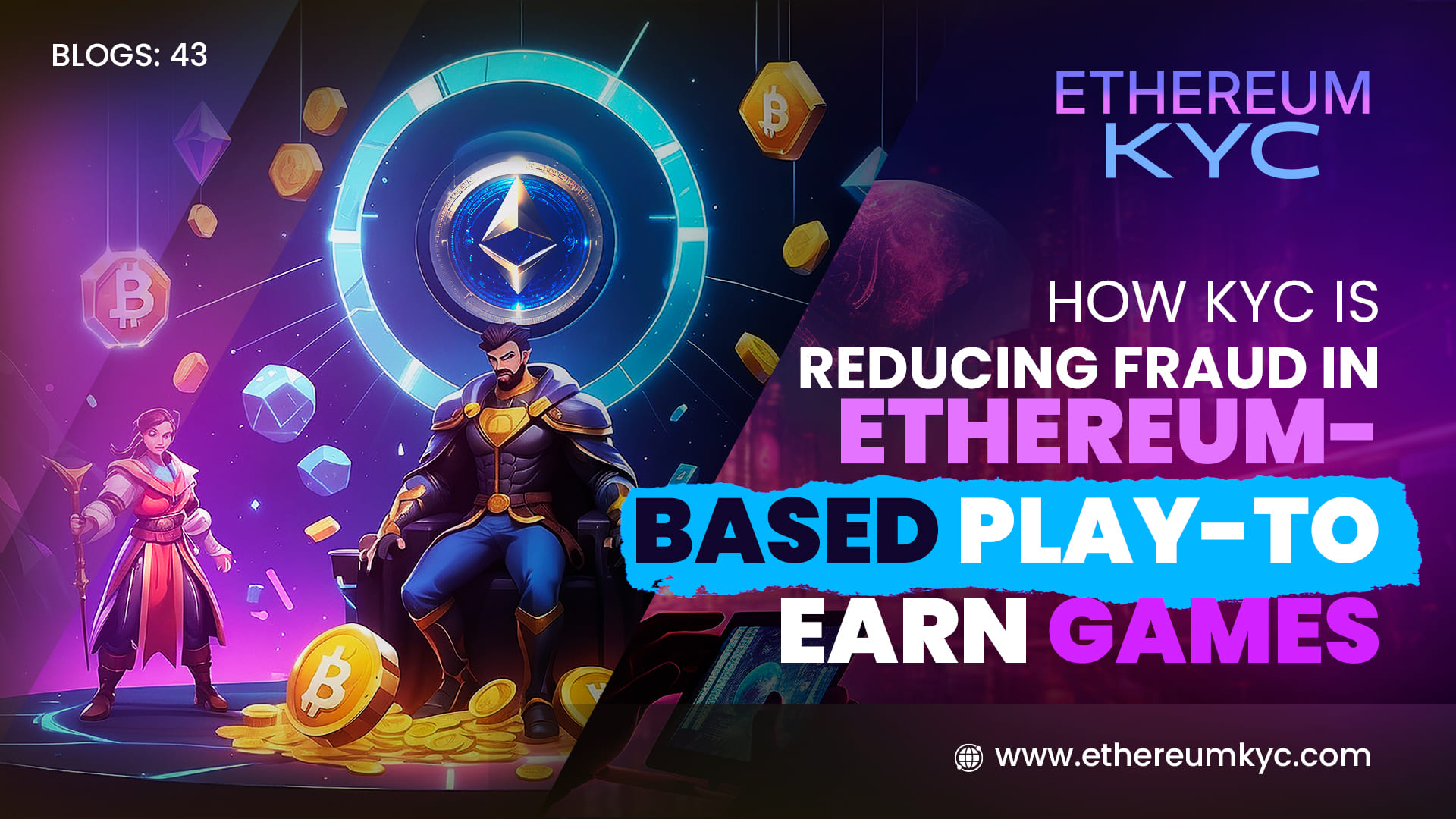December 17, 2024
The Impact of KYC on Investor Confidence in Ethereum Projects
In the rapidly growing Ethereum ecosystem, Know Your Customer (KYC) processes have become a cornerstone of building investor trust and ensuring the integrity of blockchain projects. By enhancing transparency and compliance, KYC plays a crucial role in fostering confidence among investors participating in Ethereum-based projects.
This blog delves into how KYC impacts investor confidence and why it’s essential for the long-term success of Ethereum projects.
Why Investor Confidence Matters
Investor confidence is the backbone of any successful blockchain project. When investors trust a project, they are more likely to participate in token sales, provide liquidity, and contribute to the project’s ecosystem. Conversely, a lack of trust can lead to poor adoption, negative publicity, and financial instability.
The Role of KYC in Ethereum Projects
1. Enhancing Transparency
KYC processes require project owners to verify their identity, which adds a layer of transparency. This reassures investors that they are dealing with legitimate entities and reduces the risk of scams or rug pulls.
2. Ensuring Compliance
KYC helps projects comply with global regulations, making them more attractive to institutional investors. Compliance demonstrates that the project is serious about operating within legal frameworks, which fosters trust.
3. Protecting Investors
By verifying project owners, KYC minimizes the chances of fraudulent activities. Investors feel safer knowing that the individuals behind the project are accountable and verified.
4. Building a Reputation for Credibility
Ethereum projects that adopt KYC are often seen as more credible and professional. This reputation can lead to greater investor participation and long-term support.
Benefits of KYC for Investors
1. Mitigating Risks
KYC reduces the risk of investing in fraudulent projects. Knowing that a project has undergone thorough vetting gives investors peace of mind.
2. Encouraging Institutional Participation
Institutional investors often have strict due diligence requirements. Projects with robust KYC processes are more likely to attract institutional funding, which can drive growth and stability.
3. Promoting Long-Term Commitment
When investors feel secure, they are more likely to stay committed to the project. KYC fosters an environment of trust that encourages long-term participation.
Examples of KYC Implementation in Ethereum Projects
- Token Sales: Many Ethereum-based projects require KYC for participation in Initial Coin Offerings (ICOs) or token presales.
- Decentralized Finance (DeFi): Some DeFi platforms implement KYC for governance token holders or liquidity providers.
- Gaming and NFTs: Ethereum gaming and NFT platforms use KYC to verify creators and buyers, ensuring a secure ecosystem.
Balancing Privacy and Compliance
While KYC enhances investor confidence, it’s essential to balance compliance with privacy. Many Ethereum projects leverage decentralized identity solutions to implement KYC without compromising user privacy. These solutions include cryptographic verification methods and zero-knowledge proofs.
Best Practices for Projects Implementing KYC
- Use Reputable KYC Providers: Partner with trusted third-party KYC providers to ensure data security and accuracy.
- Communicate Clearly: Inform investors about the purpose and benefits of KYC to build trust and encourage participation.
- Adopt Privacy-Centric Solutions: Utilize privacy-preserving technologies to address concerns about data protection.
Conclusion
KYC is no longer just a regulatory requirement; it’s a critical tool for building trust and confidence in Ethereum projects. By enhancing transparency, compliance, and security, KYC helps create an environment where investors feel safe and empowered to support innovative blockchain initiatives.
For Ethereum project owners, adopting KYC is a step toward credibility and long-term success in the competitive blockchain landscape.






